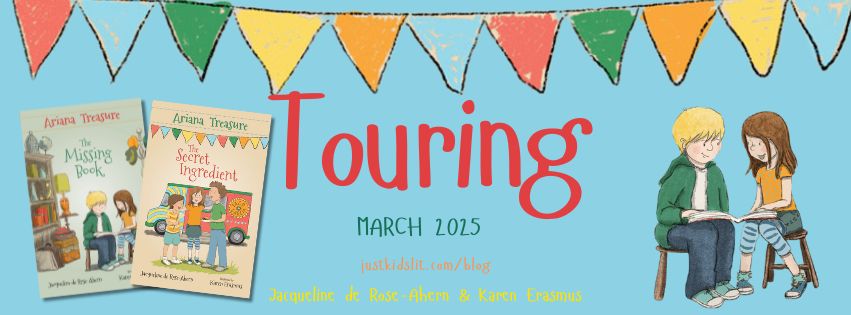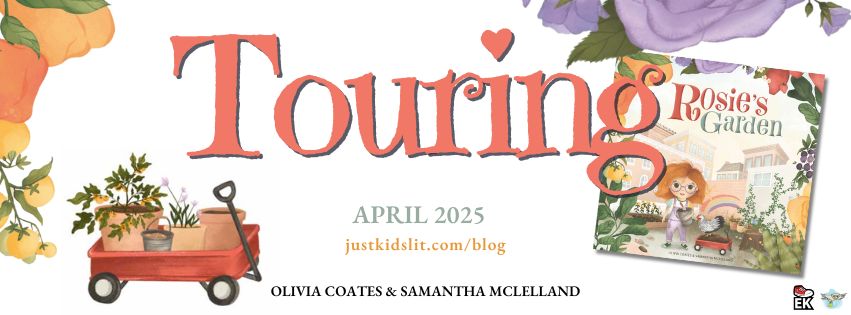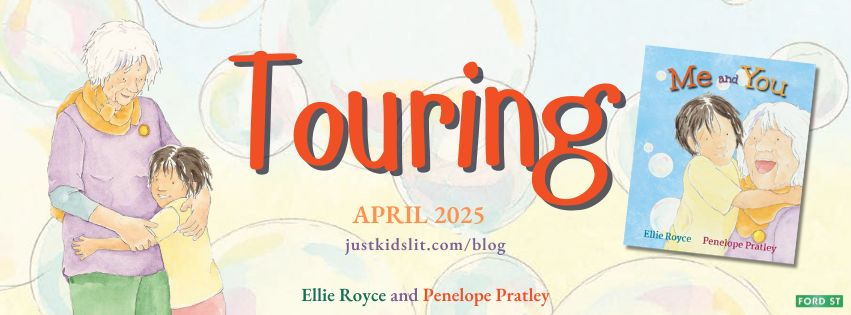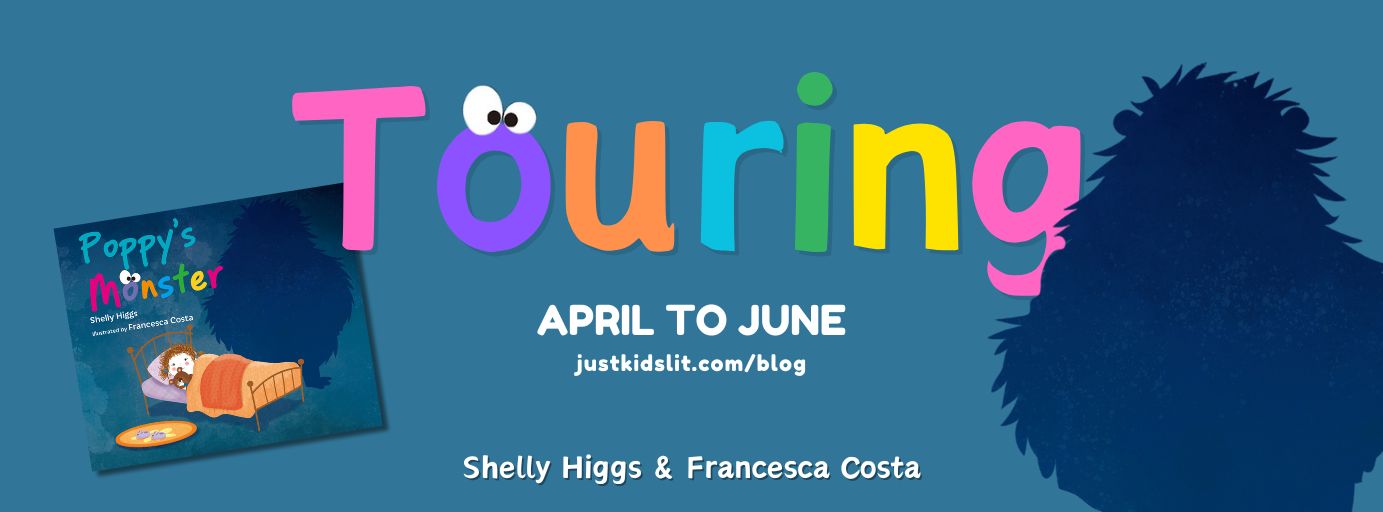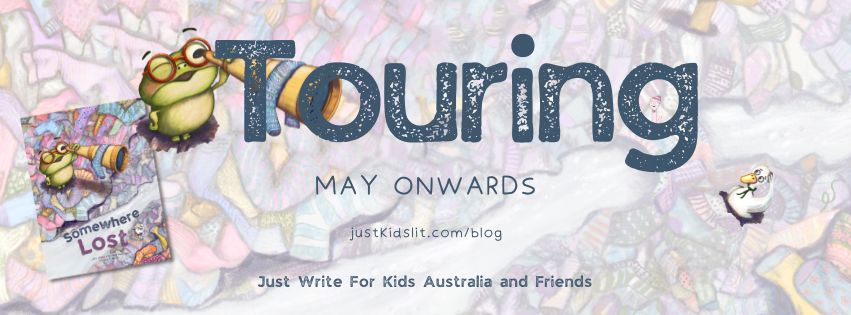Author, audiologist and mum, Prasha Sooful shares her comprehensive knowledge on the subject of self-regulation in young children, shedding light on its essential benefits for immediate and long-term wellbeing. Thank you, Prasha, for these insights and for the value of Counting to Calm!
In today’s fast-paced world, where distractions abound and emotions can run high, teaching children the skill of self-regulation from a young age is essential. As Counting to Calm: My First Self-Regulation Book, part of the My First Board Books series is launched, it’s a perfect moment to explore why this skill is crucial for children’s development and lifelong well-being.
What is Self-Regulation?
Self-regulation encompasses the ability to manage one’s emotions, behaviour, and attention in a way that promotes positive outcomes.
It’s like having an internal compass that guides children through challenges, helping them stay focused, calm, and in control. This skill doesn’t develop overnight; rather, it grows through practice and nurturing from parents, caregivers, and educators.
So Why Start Early?
The early years of childhood are a critical period for brain development and learning foundational skills. Introducing self-regulation techniques during this time of high neuroplasticity sets a strong groundwork for future success. Children who learn to regulate their emotions and impulses early on are better equipped to handle stress, navigate social interactions, and thrive in new situations as they grow older.
Benefits of Early Self-Regulation:
- Emotional Resilience: Being able to recognise and manage emotions helps children develop resilience—the ability to bounce back from setbacks and adapt to challenges.
- Improved Focus and Attention: Self-regulation techniques, such as deep breathing and mindfulness exercises, enhance children’s ability to concentrate and stay engaged in tasks.
- Better Social Skills: When children learn to regulate their emotions, they can communicate more effectively, resolve conflicts peacefully, and build positive relationships with peers.
- Long-Term Well-Being: The skills acquired through early self-regulation practice lay the foundation for managing stress and making healthy choices throughout life, promoting overall well-being.
How Parents and Educators Can Help:
Parents and educators play a crucial role in nurturing children’s self-regulation skills. Here are a few tips:
- Modelling Behaviour: Children learn by example, so demonstrating calmness and using self-regulation techniques yourself can show them how to manage their own emotions.
- Consistency: Establishing routines and practicing self-regulation techniques consistently helps children internalise these skills. So make them a fun part of the classroom or your home routines.
- Encouragement: Praise children when they use self-regulation strategies effectively, reinforcing their efforts and building their confidence. Allow them the room to experience their emotions fully. Acknowledge their feelings, then guide them in moving forward so they can continue with their day.
- Creating a Supportive Environment: Providing a safe and supportive environment where children feel encouraged to express their feelings and learn from their experiences fosters emotional growth.
So, give it go. Next time you see signs of dysregulation approaching, try stepping in early. You can demonstrate self-regulation techniques like controlled breathing, gentle movement, and mindfulness.
By showing how you calm yourself, you teach your child valuable skills.
Counting to Calm puts these steps together for parents, educators and children in a quick and easy way for everyone to try. Through counting exercises, it teaches foundational skills like focused attention and emotional awareness, and encourages them to develop their own internal tools for managing emotions and behaviours.
What I hope grown-ups and kids get out of Counting to Calm is a shared experience of learning and growth. For parents and teachers, it offers practical ways to support children’s emotional development through everyday interactions.
For children, Counting to Calm fosters a sense of empowerment. It shows them that they have the ability to influence how they feel and react in different situations.
They can learn to regulate their emotions independently, setting a positive precedent for future emotional well-being. With these skills, they learn not only how to help themselves but can help others in need too.
Article by Prasha Sooful.
Prasha Sooful is a mum, audiologist and educator; her picture book My Brain is Magic: A Sensory-Seeking Celebration, was published in April 2023 by Soaring Kite Books and highlights sensory processing disorder.
Her newly released board book also with Soaring Kite, Counting to Calm introduces concepts of self-regulation to young readers.
Prasha is a member of the NT Writers’ Centre and a recipient of the Varuna ArtsNT writing fellowship in 2022.
Please find Prasha Sooful on Instagram @little_ms_read.
Please find Betania Zacarias at her website: Bethany Zechariah (betaniazacarias.com) and on Instagram and LinkedIn.
Counting to Calm: My First Self-Regulation Book can be purchased via the Soaring Kite Books website | Amazon.
Stay Calm: It’s the Counting to Calm #BookGiveaway!
Click here for details on how to enter to WIN a copy of the essential guide to relaxation, Counting to Calm!
Join in this mindful journey with Prasha Sooful and her refreshing board book, Counting to Calm, empowering readers across the blogosphere!
#calmconversation #countingtocalm #myfirstselfregulationbook #mindfulness #boardbooks #justkidslit
For book marketing enquiries please contact info.booksontour@gmail.com












